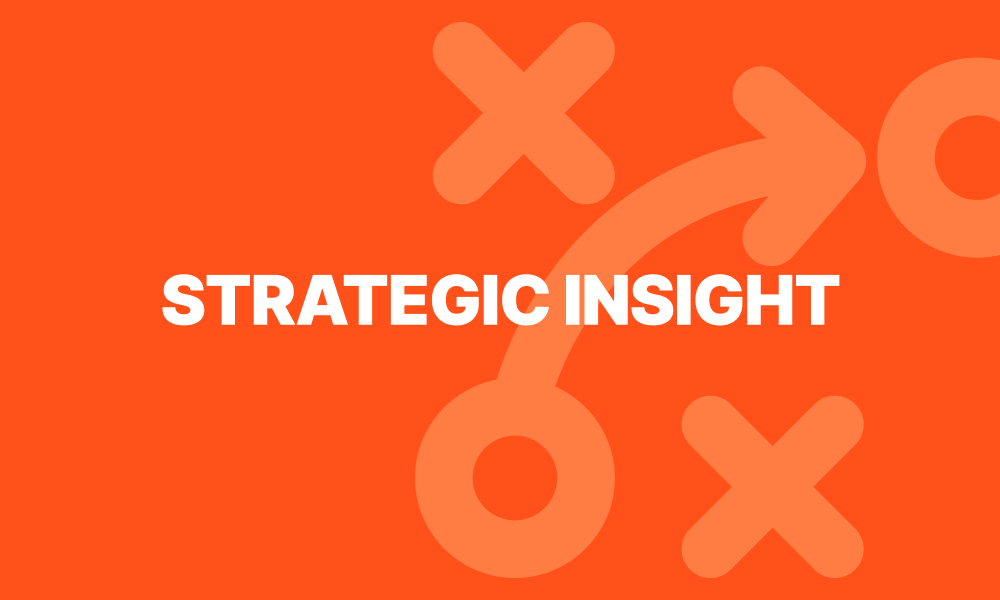For airlines evaluating the strategic implementation of customer data initiatives, the opportunity to enhance passenger engagement and operational efficiency is significant. Many carriers are actively developing frameworks to convert extensive passenger information into actionable insights that elevate the travel experience.
Transitioning from Data Aggregation to Strategic Insight
Airlines naturally accumulate substantial data through routine operations, encompassing booking details, seating and meal preferences, loyalty program engagement, rebooking patterns, and customer feedback logs. Historically, this valuable information has often been distributed across siloed systems, complicating the creation of a unified customer profile.
Simultaneously, passenger expectations have evolved, influenced by personalized interactions across various consumer sectors. Travellers increasingly anticipate that service providers, including airlines, will recognize their preferences and history to deliver a more relevant and streamlined experience. For the airline industry, this translates to opportunities such as recalling preferred seating arrangements or leveraging past travel behaviour to provide proactive support and personalized service offerings.
The Growing Strategic Importance of Customer Data
- Alignment with Evolving Consumer Expectations: Experiences in retail, entertainment, and digital services have set a high benchmark for personalization. Passengers increasingly value airlines that demonstrate sophisticated understanding of their individual needs.
- Enhanced Revenue Generation Opportunities: A comprehensive understanding of passenger preferences enables the strategic deployment of relevant ancillary services, targeted upgrade offers, and customized travel packages, contributing positively to revenue diversification and yield optimization.
- Mitigating Data Fragmentation: Integrating data from Customer Relationship Management (CRM) systems, booking engines, loyalty platforms, and operational databases is crucial. Achieving this unified view facilitates more informed decision-making and enables proactive service delivery.
- Meeting Contemporary Traveler Needs: In today's competitive market, the ability to provide timely, pertinent information (such as operational updates) and personalized service interventions serves as a key differentiator and driver of customer satisfaction.
Implementing Effective Data Utilization Strategies
The technological landscape now offers robust solutions for effectively managing and leveraging customer data. Modern platforms, notably Customer Data Platforms (CDPs), are specifically designed to address the challenges of data fragmentation. Utilizing specialized, industry-CDPs (such as Paximizer, for example) enables airlines to:
- Integrate disparate data sources in near real-time to construct comprehensive passenger profiles.
- Anticipate customer requirements and preferences, allowing for proactive service adjustments and enhanced satisfaction.
- Optimize commercial strategies through intelligent, targeted offers that align with both passenger value and business objectives.
- Ensure rigorous data governance and maintain compliance with evolving privacy regulations while managing sensitive passenger information.
In conclusion, while the ideal timeframe for initiating robust customer data strategies may have been earlier, the most critical time for decisive action and investment is the present. Embracing data-driven insights empowers airlines to strengthen customer relationships, refine operational efficiencies, and establish a sustainable competitive advantage in the dynamic global aviation market.




